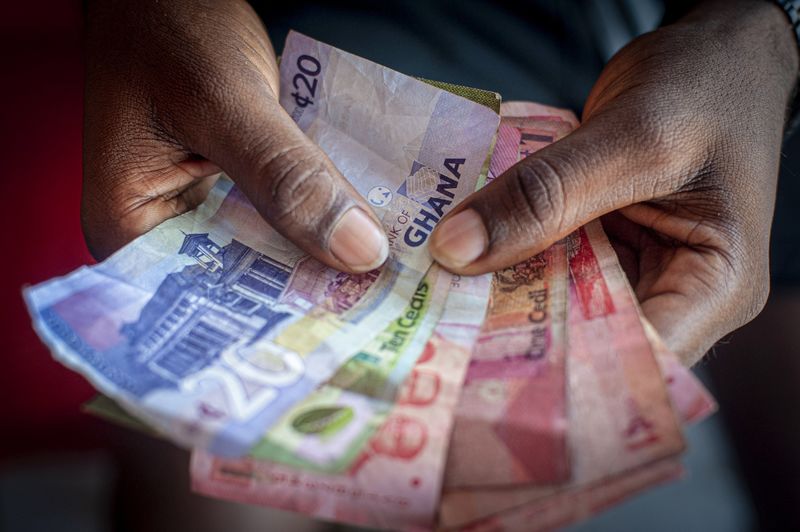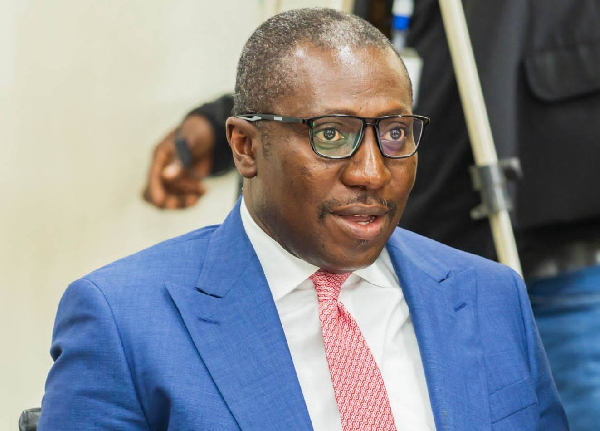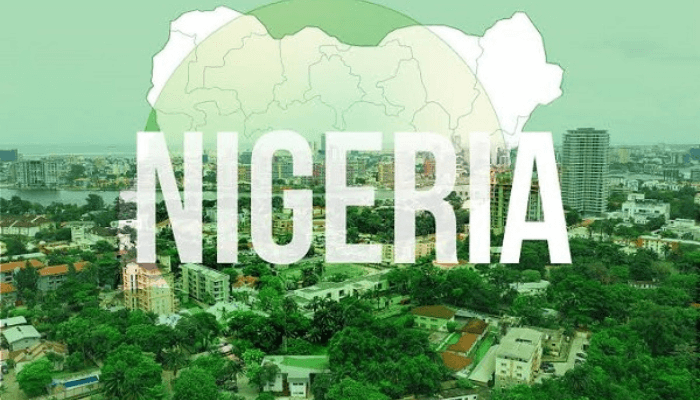Nigeria Remains Africa's Largest Economy, Affirms World Bank
At a recent stakeholder engagement in Abuja, Dr. Ndiame Diop, the World Bank’s Country Director for Nigeria, reaffirmed that Nigeria continues to be the continent’s largest economy by GDP despite persistent private sector challenges. Dr. Diop noted that although the country attracts considerably less foreign direct investment than its potential—especially when compared to emerging economies like Indonesia and South Africa—Nigeria’s economic heft remains unrivaled in Africa.
Speaking during the Country Private Sector Diagnostic (CPSD) event, Dr. Diop indicated that an upcoming CPSD report will detail how various private sector constraints are affecting economic growth. He stressed that if targeted reforms were implemented to address these barriers, Nigeria’s economic potential could be substantially boosted.
Recent macroeconomic reforms have already begun to create a more favorable investment climate. Key measures, such as exchange rate adjustments and improved access to foreign exchange, have enhanced conditions for investment. Dr. Diop outlined four strategic sectors where further reforms could unlock massive investment and job creation:
Dr. Dahlia Khalifa, Regional Director for Central Africa and Anglophone West Africa at the IFC, underscored the need for consistency in regulatory policies—especially in customs duties and revenue agency fees—to foster a stable environment for private investment.
Minister of Finance and Coordinating Minister of the Economy, Mr. Wale Edun, lauded the IFC’s support in key sectors such as agriculture, infrastructure, and pharmaceuticals. He highlighted significant financing partnerships, including a $1.2 billion facility for Indorama’s fertilizer expansion in Eleme, investments in cocoa processing, and a $70 million SME financing initiative with First City Monument Bank. Edun also noted the IFC’s recent $70 million commitment to five Nigerian companies under the Distributive Access to Renewable Energy programme, a component of the federal government’s Mission 300 initiative.
Edun credited President Bola Tinubu’s administration with executing bold reforms that have reshaped Nigeria’s economic landscape. The removal of inefficient subsidies has bolstered government finances, while improved security has driven gains in oil production and revenue. These measures have, in turn, spurred growing private sector confidence, with new investments beginning to materialize in response to government policy shifts.
Addressing the cost-of-living crisis, Edun emphasized the government’s commitment to boosting food production and enhancing affordability. While acknowledging that the elimination of fuel subsidies and the shift to market-based pricing have contributed to short-term inflationary pressures, he assured that targeted interventions—such as direct cash transfers to vulnerable citizens supported by the World Bank—will help alleviate these impacts. Moreover, the government is set on leveraging technology to deliver swift, biometric-enabled assistance to those in need.
In summary, despite ongoing challenges, coordinated efforts between the Nigerian government, the World Bank, and the IFC are paving the way for reforms that could further unlock Nigeria’s economic potential and reinforce its position as Africa’s largest economy.











